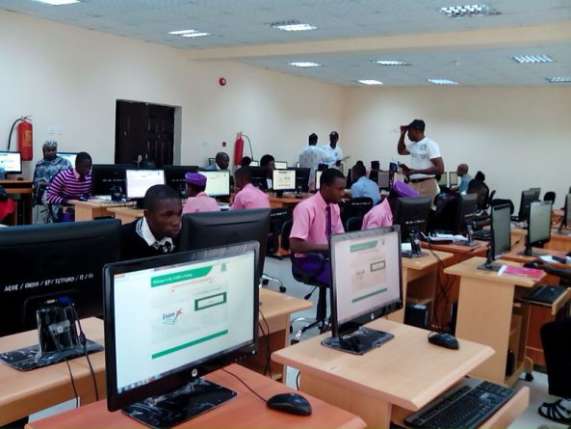Insurgency: De-radicalization, Only Option For Nigeria-Senator
As Nigerians celebrate the release of 82 Chibok girls by Book Haram insurgents, the Senator representing Osun East Senatorial District, Senator Babajide Omoworare as suggested total de-radicalization as a viable option to end insurgency in Nigeria.
He made the submission at a public lecture organised by the department of Public Administration, Obafemi Awolowo University, Ile-ife, Osun State, with the theme: “Former Combatants and De-Radicalization: From Northern Ireland to Nigeria”.
Omoworare, who was the chairman of the occasion maintained that there is an urgent need to demobilise Boko Haram insurgents, and de-radicalize them along other people who experienced the brutal activities of the group, especially the youths.
He added that the post- 911 Al’ kadar bombing and the attendant proliferation of terrorist organisations in the world, Counterterrorism and concept of de-radicalization has come to the front burner in international relations and diplomacy.
“De-radicalization is fast becoming the most fashionable counter-terrorism model. De-radicalization programs which are targeted at peacefully moving individuals and groups away from violent radicalism and activism, have grown both in popularity and in scope of late.
He called on the Federal Government especially the Ministry of Justice, the National Assembly, the Office of the National Security Adviser and the Nigerian Counter-Radicalization Programme to resolve all legal, legislative, Judicial and security issues around de-radicalization and amnesty.
Meanwhile, the Guest Speaker, Dr. Gordon Clubb of University of Leeds, United Kingdom, and an expert in International security established that terrorists and their groups are not isolated entities, rather a product of social environment.
Clubb noted that former combatants have significant roles to play in countering violent extremism and insurgency.
He copiously cited the Northern Island example where militant groups were demobilized in the year 2000, and reintegrated into political and communities route.
He averred that formal combatants in Northern Island have helped prevent escalations in the structures of violence, and promoted inter-group dialogue as early warning system.
Current Boko Haram formal combatants are defectors, many of whom joined unwillingly or for socio-economic motivations, their roles are limited to demoralising group, intelligence sharing, and reinforcing counter-narratives, depending upon community mistrust,” he stressed.




